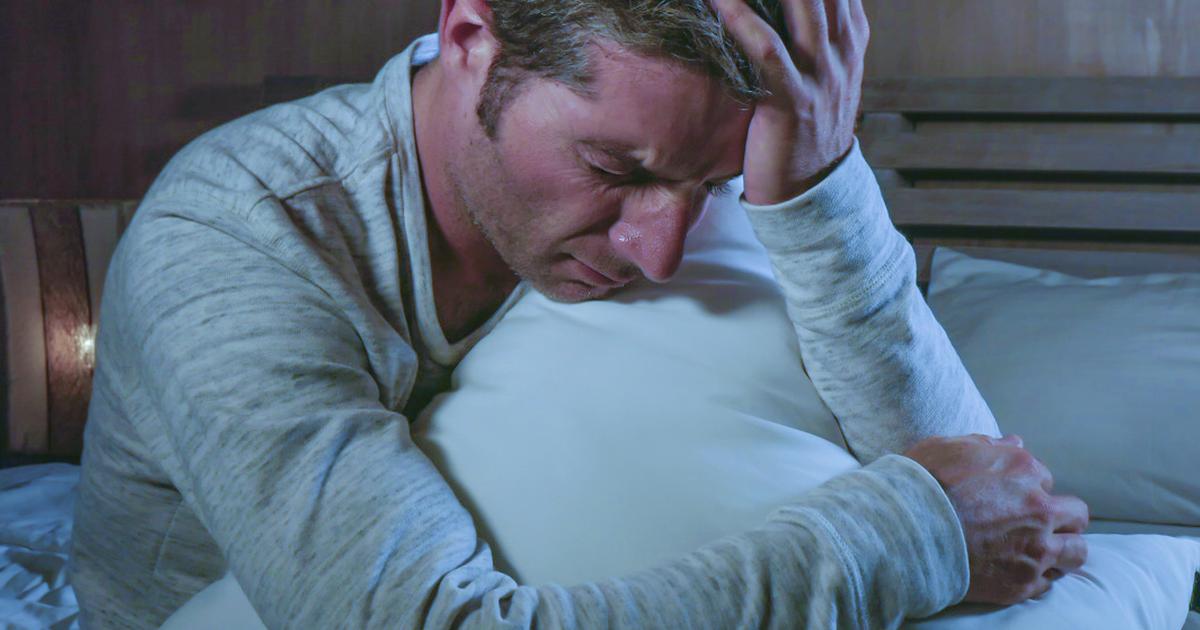Symptoms Associated With Epilepsy
Fear Or Anxiety
Many psychological and neurological conditions can cause unexplained fear or anxiety, and epilepsy is just one of them. A focal seizure without loss of consciousness can affect an individual's emotional processing. They may have wild mood swings or experience panic, fear, anxiety, or other negative emotions. Some patients also report having an overpowering sense of deja vu during these seizures. Most individuals with epilepsy experience the same types of seizures, so they can become familiar with the emotional effects they have. It's also common for patients to feel frightened or anxious after they return to consciousness following a seizure. Having someone around who is calm and can help them is very helpful. If individuals experience sudden panic or fear without any apparent cause, but don't have any other seizure symptoms, it's possible they may have a panic disorder or other anxiety disorder. Several neurological conditions can affect the way an individual's brain processes emotions. Patients should talk to a doctor to get further testing and a diagnosis.
Learn more about symptoms seen in epilepsy now.
Staring Spells

Staring spells are a lesser-known indication of a seizure. While they aren't as dramatic as muscle convulsions, they do indicate abnormal electrical activity is taking place in the brain. Generally, the individual experiencing the seizure won't respond to outside stimuli like voices or sights, though they may engage in involuntary, repetitive movements without being aware of their bodies. The staring spell will often end with the patient coming back to awareness. In some cases, they may not realize they've lost consciousness at all. The majority of staring spells don't last for more than a few seconds, and they can be so mild they're unrecognizable.
Some individuals may be misdiagnosed with psychiatric conditions like attention deficit hyperactivity disorder, which cause a loss of focus and concentration. Staring spells might also be mistaken for catatonia, a psychiatric condition that often accompanies schizophrenia. If the affected individual experiences sensory hallucinations, this also makes them more likely to be misdiagnosed. Because the symptoms of seizures can be easily mistaken for something else, it's important to have extensive testing and a knowledgeable doctor.
Reveal another key indicator of epilepsy now.
